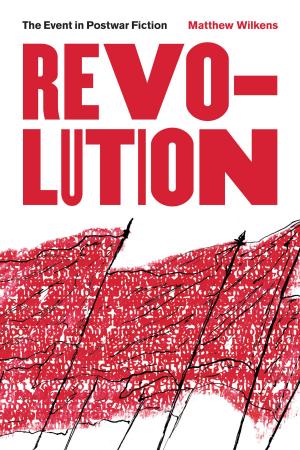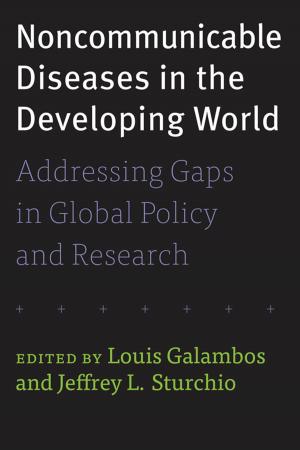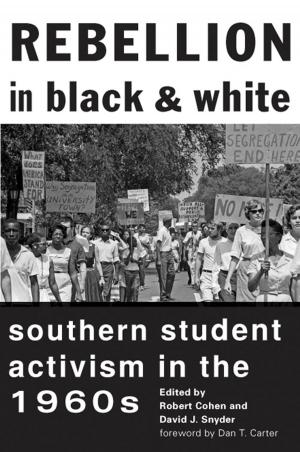Narrating 9/11
Fantasies of State, Security, and Terrorism
Fiction & Literature, Literary Theory & Criticism, Theory, Nonfiction, Social & Cultural Studies, Political Science| Author: | ISBN: | 9781421417394 | |
| Publisher: | Johns Hopkins University Press | Publication: | September 11, 2015 |
| Imprint: | Language: | English |
| Author: | |
| ISBN: | 9781421417394 |
| Publisher: | Johns Hopkins University Press |
| Publication: | September 11, 2015 |
| Imprint: | |
| Language: | English |
Narrating 9/11 challenges the notion that Americans have overcome the national trauma of the terrorist attacks on the World Trade Center and the Pentagon. The volume responds to issues of war, surveillance, and the expanding security state, including the Bush Administration’s policies on preemptive war, extraordinary rendition, torture abroad, and the suspension of privacy rights and civil liberties at home.
Building on the work of Giorgio Agamben, Slavoj Žižek, and Donald Pease, the contributors focus on the ways in which post-9/11 narratives help make visible the fantasies that attempt to justify the ongoing state of exception and American exceptionalism. Narrating 9/11 examines a variety of contemporary narratives as they relate to the cultural construction of the neoliberal nation-state, a role that mediates the possibilities of ethnic and religious identity as well as the ability to imagine terrorism.
Touching on some of the mainstays of 9/11 fiction, including Jonathan Safran Foer’s Extremely Loud & Incredibly Close and John Updike’s Terrorist, the book expands this particular canon by considering the work of such writers as Jess Walter, William Gibson, Lauren Groff, Ken Kalfus, Ian McEwan, Philip Roth, John le Carré, Laila Halaby, Michael Chabon, and Jarett Kobek. Narrating 9/11 pushes beyond a critical focus on domestic realism, offering chapters that examine speculative and genre fiction, postmodernism, climate change, and the evolving security state, as well as the television series Lost and the film Paradise Now.
Narrating 9/11 challenges the notion that Americans have overcome the national trauma of the terrorist attacks on the World Trade Center and the Pentagon. The volume responds to issues of war, surveillance, and the expanding security state, including the Bush Administration’s policies on preemptive war, extraordinary rendition, torture abroad, and the suspension of privacy rights and civil liberties at home.
Building on the work of Giorgio Agamben, Slavoj Žižek, and Donald Pease, the contributors focus on the ways in which post-9/11 narratives help make visible the fantasies that attempt to justify the ongoing state of exception and American exceptionalism. Narrating 9/11 examines a variety of contemporary narratives as they relate to the cultural construction of the neoliberal nation-state, a role that mediates the possibilities of ethnic and religious identity as well as the ability to imagine terrorism.
Touching on some of the mainstays of 9/11 fiction, including Jonathan Safran Foer’s Extremely Loud & Incredibly Close and John Updike’s Terrorist, the book expands this particular canon by considering the work of such writers as Jess Walter, William Gibson, Lauren Groff, Ken Kalfus, Ian McEwan, Philip Roth, John le Carré, Laila Halaby, Michael Chabon, and Jarett Kobek. Narrating 9/11 pushes beyond a critical focus on domestic realism, offering chapters that examine speculative and genre fiction, postmodernism, climate change, and the evolving security state, as well as the television series Lost and the film Paradise Now.















